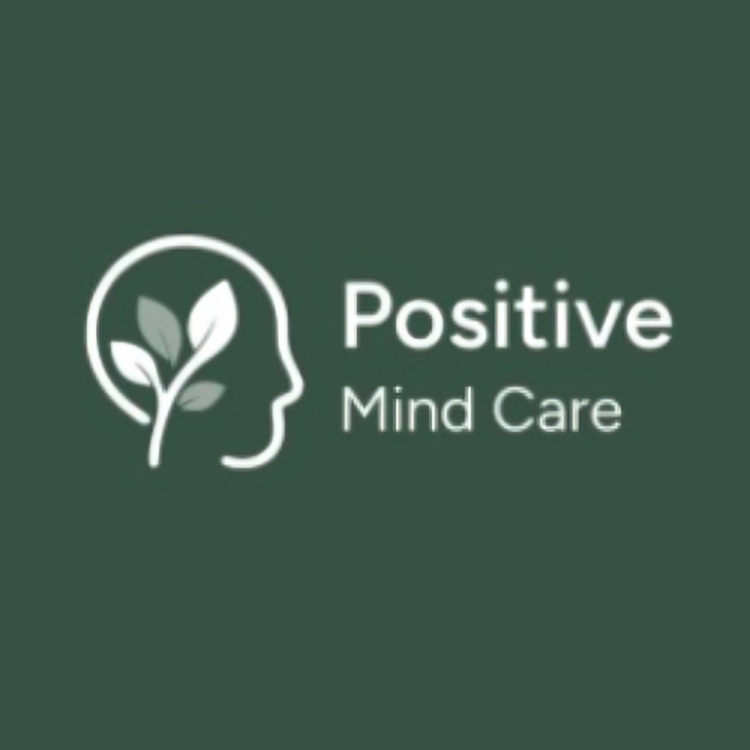Attention-Deficit/Hyperactivity Disorder (ADHD) is a neurodevelopmental disorder that affects individuals of all ages. It is characterized by persistent patterns of inattention, hyperactivity, and impulsivity that impair daily functioning. Understanding the types, symptoms, available treatments, and coping strategies for individuals with ADHD is crucial for their well-being and success in various aspects of life.
Types of ADHD
There are three primary subtypes of ADHD:
- Predominantly Inattentive Presentation: This subtype is characterized by difficulties with sustained attention, organization, and follow-through. Individuals with this presentation may appear forgetful, easily distracted, and need help to complete tasks or maintain focus.
- Predominantly Hyperactive-Impulsive Presentation: This subtype involves excessive physical restlessness, impulsivity, and difficulty with self-control. People with this presentation may need help with sitting still, interrupting others, and acting without thinking.
- Combined Presentation: This subtype encompasses a combination of inattentive and hyperactive-impulsive symptoms, representing the most common presentation of ADHD.
Symptoms of ADHD
ADHD symptoms vary in severity and may manifest differently among individuals. Common symptoms include:
- Inattention: Difficulties with sustaining attention, being easily distracted, trouble organizing tasks, forgetfulness, and tendency to lose things.
- Hyperactivity: Restlessness, excessive fidgeting, difficulty remaining seated, constant movement, and an inclination to be always “on the go.”
- Impulsivity: Impulsive actions without considering consequences, interrupting others, difficulty waiting turns, and speaking or acting before thinking.
It is important to note that not everyone with ADHD will experience all symptoms, and the manifestation may change over time or in different settings.
Treatment of ADHD
The treatment approach for ADHD typically involves a combination of strategies, tailored to the individual’s specific needs. It may include:
- Medication: Stimulant and non-stimulant medications can help manage ADHD symptoms by increasing focus, reducing impulsivity, and enhancing self-control. These medications are prescribed and monitored by healthcare professionals.
- Behavioral Therapy: Behavioral interventions, such as cognitive-behavioral therapy (CBT), can benefit individuals with ADHD. CBT helps individuals develop strategies to improve organization, time management, self-regulation, and coping skills.
- Educational Support: Collaborating with educators to create Individualized Education Programs (IEPs) or 504 Plans can ensure that academic accommodations are in place. This may include extended time for tasks, preferential seating, or additional support in the classroom.
- Deep TMS: Deep Transcranial Magnetic Stimulation (Deep TMS) is a non-invasive brain stimulation technique that has shown potential in managing symptoms of ADHD. However, it is important to note that there is currently no known cure for ADHD. Deep TMS is primarily used as an adjunctive treatment to help alleviate symptoms and improve attention and cognitive functioning.
Coping with ADHD
In addition to treatment, individuals with ADHD can develop coping strategies to manage their symptoms and enhance their daily functioning. Some effective coping strategies include:
- Routine and Structure: Establishing consistent routines, schedules, and organizational systems can help individuals with ADHD stay on track and reduce overwhelming feelings.
- Time Management Techniques: Breaking tasks into smaller, manageable steps, using timers or alarms to stay on track, and setting realistic goals and deadlines can improve productivity.
- Environmental Modifications: Creating a quiet, organized, and clutter-free workspace can reduce distractions and enhance focus. Minimizing external stimuli such as noise or visual distractions can also be helpful.
- Supportive Relationships: Building a support network of understanding family members, friends, and professionals who can offer support, encouragement, and assistance.
Living with ADHD can be a unique experience that varies from person to person. Individuals with ADHD often face challenges in several areas of their lives, including academics, work, relationships, and daily tasks. Here are some aspects that can characterize what living with ADHD is like:
- Inattention and Distractibility: Individuals with ADHD may struggle with sustaining attention on tasks, finding it difficult to concentrate for extended periods. They may become easily distracted by external stimuli or their thoughts, leading to difficulty staying focused and completing tasks.
- Time Management and Organization: Individuals with ADHD often struggle with managing time, planning, and prioritizing tasks. They may need help to meet deadlines, keep track of appointments, or follow through with responsibilities. Organizing and maintaining order in their physical and mental space can also be challenging.
- Emotional Regulation: Emotional dysregulation is common among individuals with ADHD. They may experience difficulty managing and expressing emotions, leading to mood swings, frustration, and irritability. Rejection sensitivity, or being highly sensitive to perceived criticism or rejection, is also common.
- Academic and Work Challenges: ADHD can impact academic performance and work productivity. Difficulties in sustaining attention, organizing tasks, and managing time can make it challenging to complete assignments, study effectively, or meet work demands. This can lead to feelings of underachievement or being overwhelmed.
Living with ADHD is a journey of self-discovery and finding strategies that work best for each individual. With the right support, coping mechanisms, and understanding, individuals with ADHD can lead fulfilling lives, leverage their strengths, and overcome the challenges they may face.



